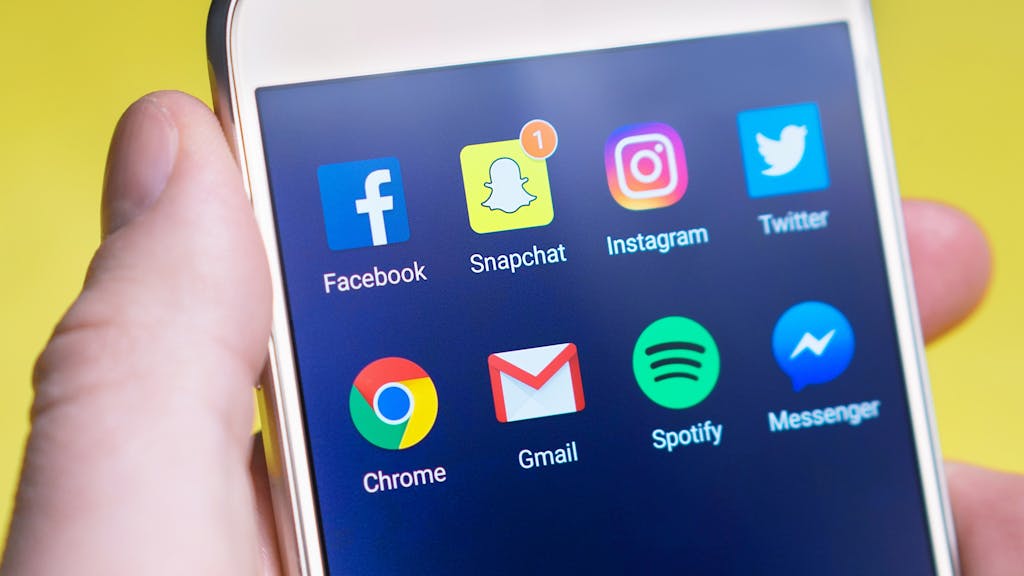Last week, Governor Josh Stein signed HB 959, Various Education Changes, which will prohibit North Carolina students from using their cell phones during class time.
The new law also promotes internet safety and requires social media literacy instruction in schools. Overall, HB 959 is a comprehensive piece of legislation that seeks to tackle growing concerns about cell phone usage in school, mitigate the negative impacts of social media exposure, and keep school-time internet use safe and productive.
Section 1 of the legislation requires local boards of education to adopt policies regarding internet access on school-issued devices. The policies must, at a minimum, limit student access to only age-appropriate content, protect the safety of students using communication services, prevent student access to social media and sensitive information, and prevent access to websites that do not protect student information.
Section 2 adds instruction on social media to North Carolina’s Standard Course of Study, including its social, emotional, and physical effects. This instruction must be provided once in elementary school, once in middle school, and twice in high school. It must include content on social media addiction, misinformation, manipulation, the permanency of information shared online, predatory behavior, personal and interpersonal skills, and reporting suspicious behavior.
Section 3 requires local boards of education to adopt a policy regulating the use of wireless communication devices during instructional time. Under this policy, cell phones and other wireless communication devices can only be used during class when permitted by a teacher, required by an individualized education program, or needed to monitor a student’s health. Otherwise, students will be prohibited from using or displaying wireless communication devices during instructional time.
At the same time, Governor Stein has vetoed other bills that seek to eliminate DEI initiatives and put more safeguards on the sharing and publishing of explicit images.
- SB 227, Eliminating “DEI” in Public Education, would remove DEI offices, staff, and concepts from K-12 public schools. This bill would return the focus of public education to core curriculum and student achievement, rather than diversity, equity, and inclusion initiatives.
- HB 171, Equality in State Agencies/Prohibition on DEI, would ban the funding, promotion, and implementation of DEI programs in state agencies. Read more about the bill here.
- HB 805, Prevent Sexual Exploitation/Women and Minors, a comprehensive measure establishing two sexes in all administrative rules, regulations, and public policies of the state and its subdivisions; requiring online entities to not publish pornographic images without verifying the individual is over 18 years of age and has given their consent; and requiring online entities to have a process for removing pornographic images of another person upon request, among other changes.

